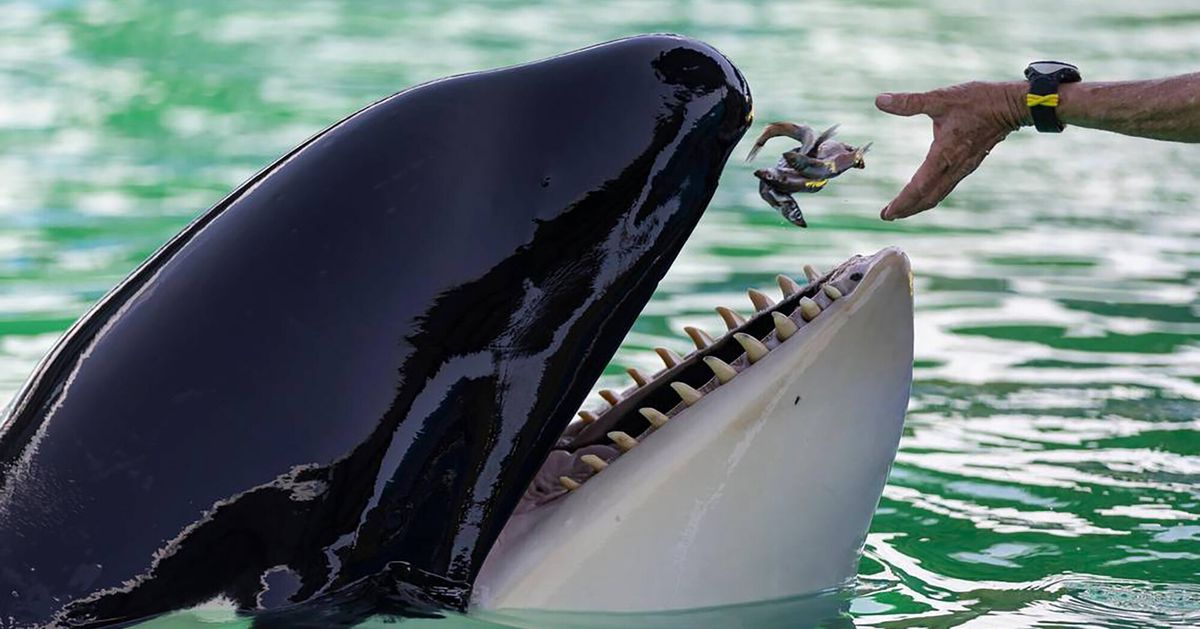Key takeaways:
- Lolita, the 57-year-old killer whale, has died from an apparent renal condition.
- The death of Lolita has sparked a renewed debate about the ethics of keeping animals in captivity.
- Lolita’s memory will continue to inspire people to fight for the rights of animals everywhere.
Lolita, the 57-year-old killer whale who had been held in captivity at the Miami Seaquarium for over five decades, has died. The Seaquarium and Friends of Toki medical team members began treating her immediately and aggressively when she started exhibiting signs of discomfort two days prior, but the orca succumbed to an apparent renal condition.
The orca, also known as Tokitae or Toki, was an inspiration to many, especially the Lummi Nation who considered her family. The Friends of Toki, a nonprofit organization, released a statement expressing their sadness at the loss of Lolita.
The Miami Seaquarium said in a Facebook post that they had been preparing to move Lolita from the theme park in the near future. They also expressed their condolences to the Lummi Nation and all those who had been touched by Lolita’s story.
Lolita’s death has sparked a renewed debate about the ethics of keeping animals in captivity. Animal rights activists have long argued that animals should not be held in captivity for entertainment, and that they should be allowed to live in their natural habitats. The death of Lolita has brought this debate to the forefront once again.
Lolita’s death is a tragedy, and her story will live on in the hearts of those who knew her. Her memory will continue to inspire people to fight for the rights of animals everywhere.



Be First to Comment